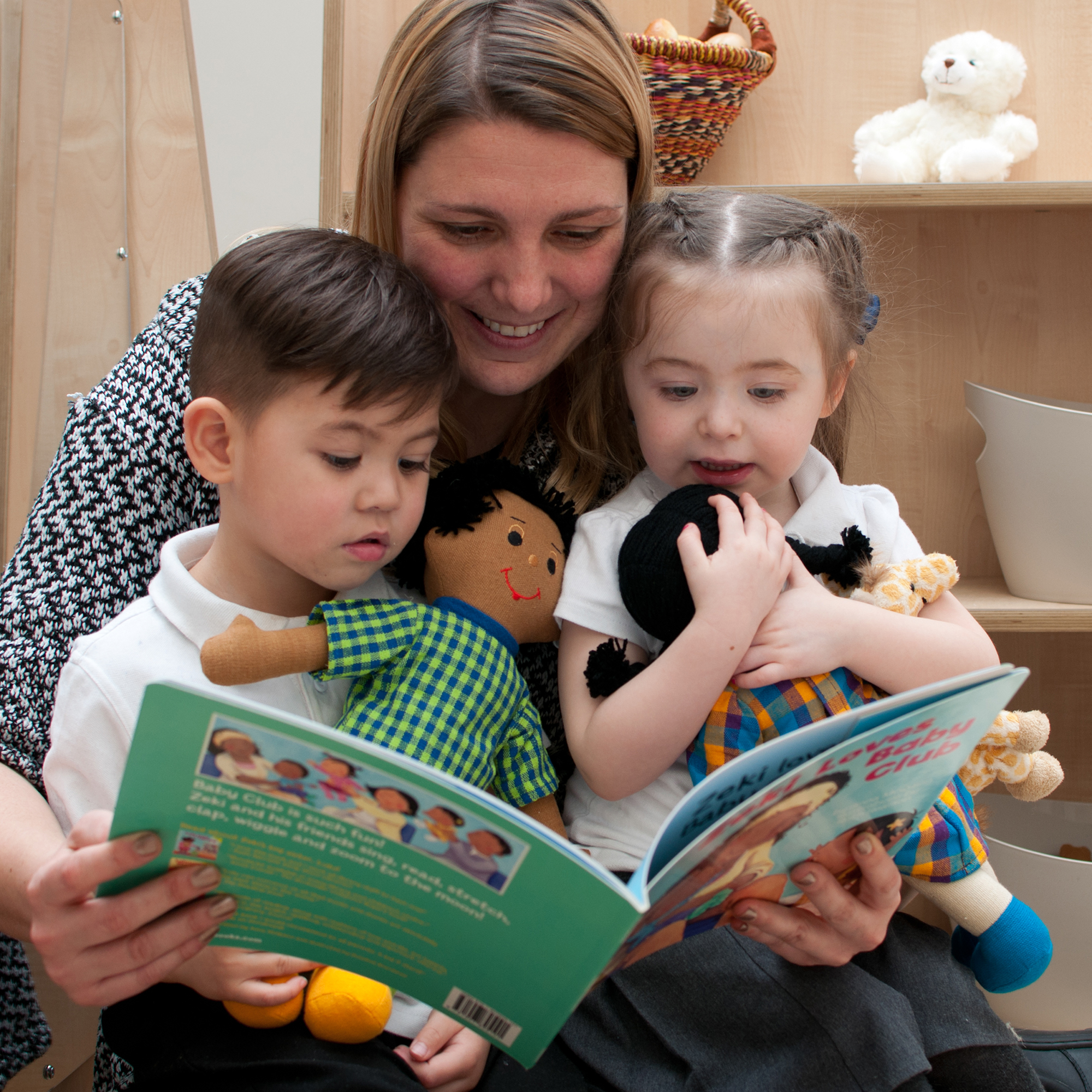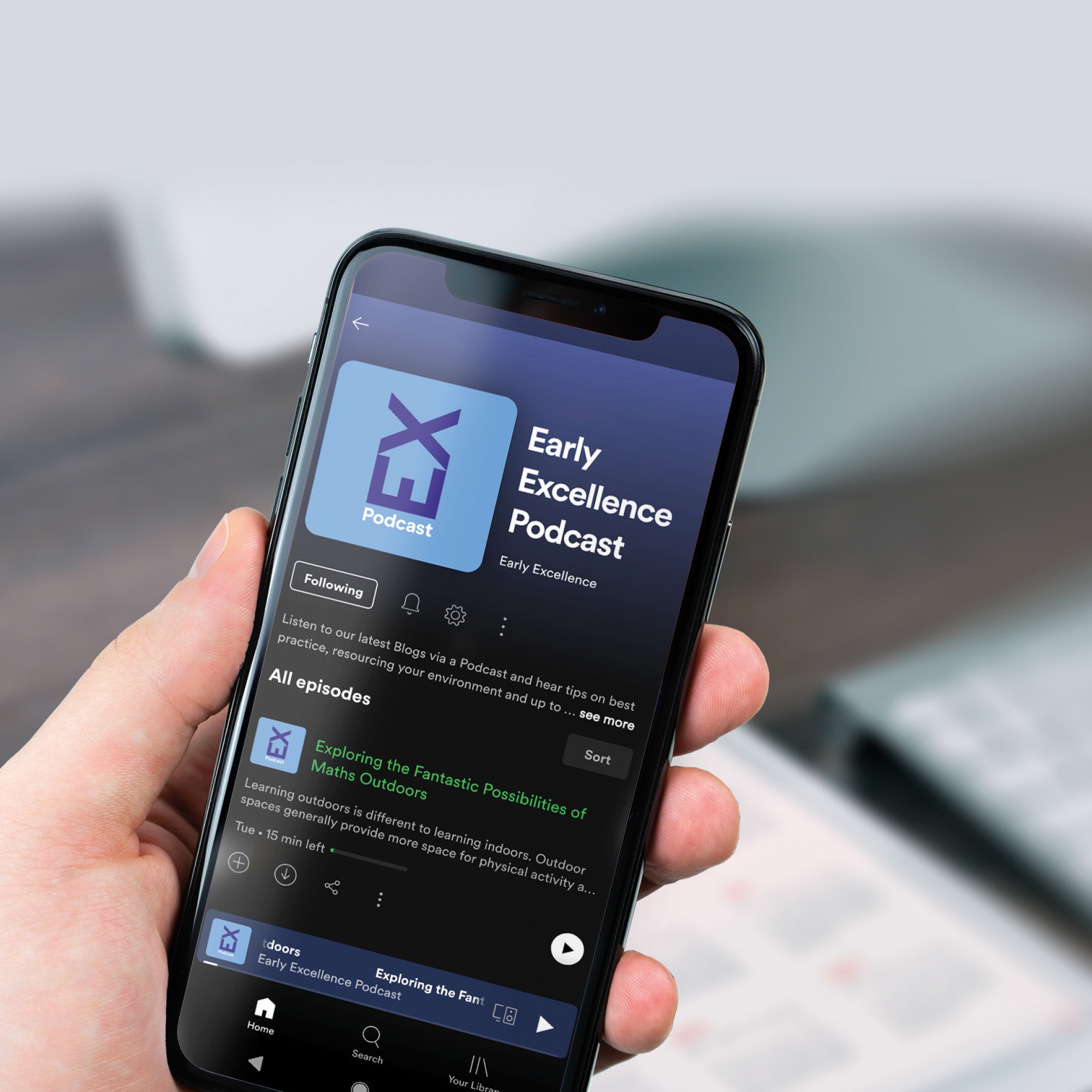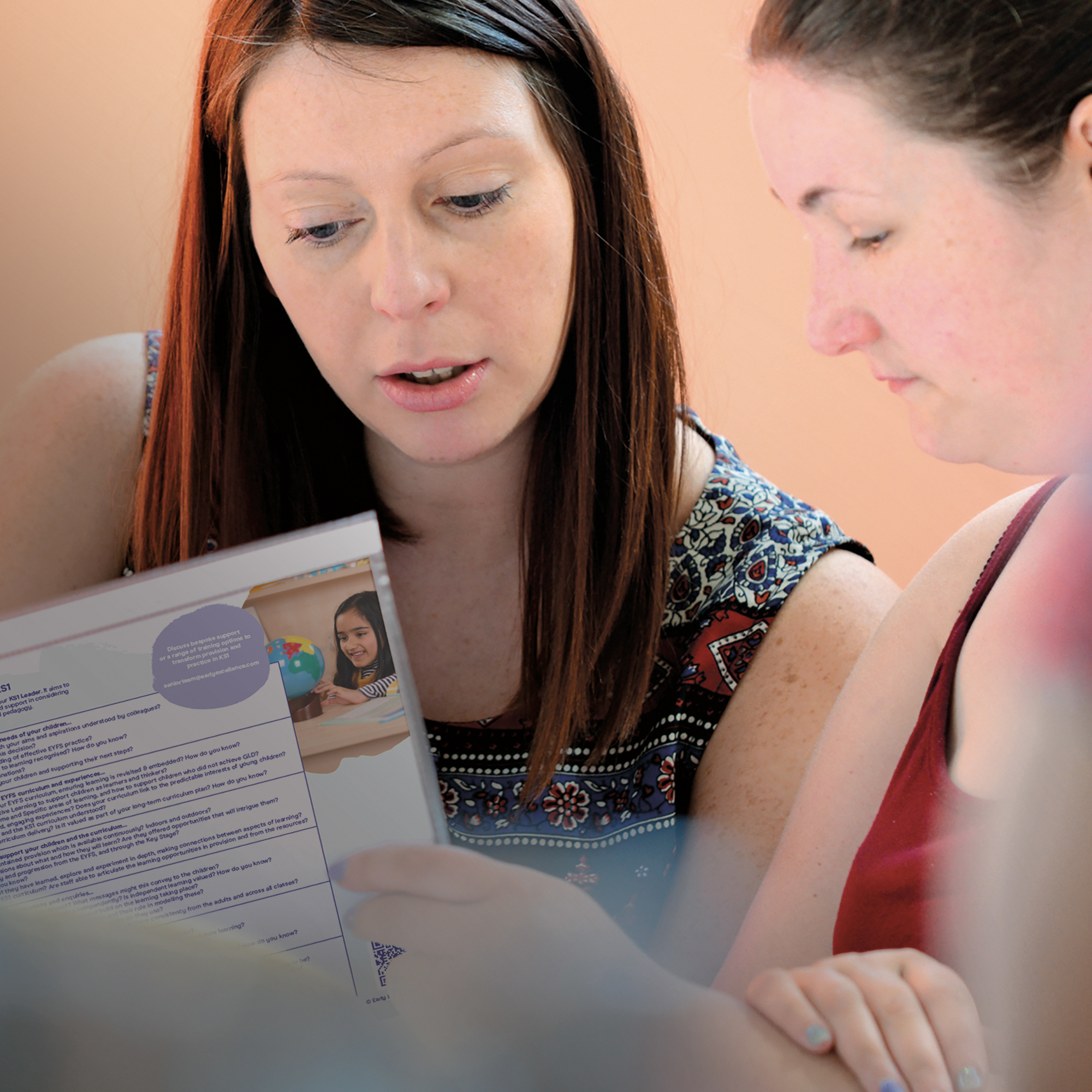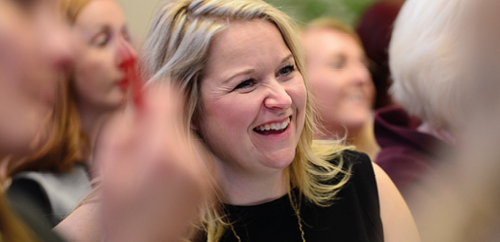March 2024 saw the latest edition of Ofsted’s subject report series, this time exploring the quality of teaching English in primary and secondary Schools. The report is designed to be used alongside the Ofsted Research Review into English, which was published in 2022.
Titled, “Telling the Story”, and already generating much conversation, there are a number of key findings which relate specifically to Reception and Key Stage One, as well as whole school points for reflection.
English as a subject:
The report suggests that in some cases English is not always valued as a subject in its own right, or planned effectively, stating that:
English has an important role as a distinct subject, as well as being a medium for teaching and serving other subjects. However, schools sometimes only focus on its supporting role, and this results in a weaker and less coherent English curriculum.
Schools allocate significant time to the subject. However, in some schools, this time is not always used productively, most commonly in key stage 1. In these schools, pupils carry out time-filling activities that lack purpose and do not help them to make progress in English.
Spotlight on Language:
The report emphasises the need for schools to strategically examine their approach to supporting children’s skills with spoken language and vocabulary development. Echoing the message in the Ofsted Early Years review Best Start in Life and reminding us of the words of James Britton, that “Reading and Writing float on a sea of talk”.
Spotlight on Reading:
The report suggests that the teaching of reading has improved significantly, with the emphasis on phonics being a key factor in this.
However, it states that,
…when there are weaknesses in phonics teaching, some pupils in Reception and key stage 1 struggle from the beginning. Schools do not always identify or address this.
Similarly, the report found issues relating to the teaching of comprehension and fluency.
Spotlight on Writing:
The report suggests that in some cases schools need to carefully reevaluate their expectations of young writers, stating that,
The writing curriculum often introduces complex tasks too early, before many pupils are equipped with the necessary knowledge and skills that underpin these.
Primary pupils are not given sufficient teaching and practice to become fluent with transcription (spelling and handwriting) early enough.
Adult Expertise:
Regarding training, the suggestion is that whilst training relating to Phonics has been largely successful; CPD opportunities relating broader aspects of the English curriculum are more limited, e.g. spoken language.
The report concludes that a Strong foundational knowledge for reading, writing and spoken language are essential aspects of the early years curriculum.
You can read the report in full here.
We will also be exploring the report findings and messages, alongside other publications, as part of our online and face to face training events, for leaders and wider teams; including at our Senior Leaders Briefing, during the Roadshows and at our popular EYFS Leaders Programme.
We also have a range of tools and resources which may help you and your team reflect on current practice relating to the reading and writing aspects.
Packed with information and practical ideas, each 90-minute webinar will place a different aspect of early literacy under the spotlight. Each session will explore important aspects of pedagogy and reflect on the key steps involved in early literacy development.
Find out more

Access our Strengthening Early Literacy webinar that explores important aspects of pedagogy for the crucial first steps of early Literacy Development.

Explore passionate discussions on early years by listening to our podcasts, designed to give EYFS & KS1 educators ideas and insights about early childhood education.

Explore our School Leader Reflection Tools for Reading and Writing to initiate high-quality, professional dialogues, focussed on teaching and learning.

